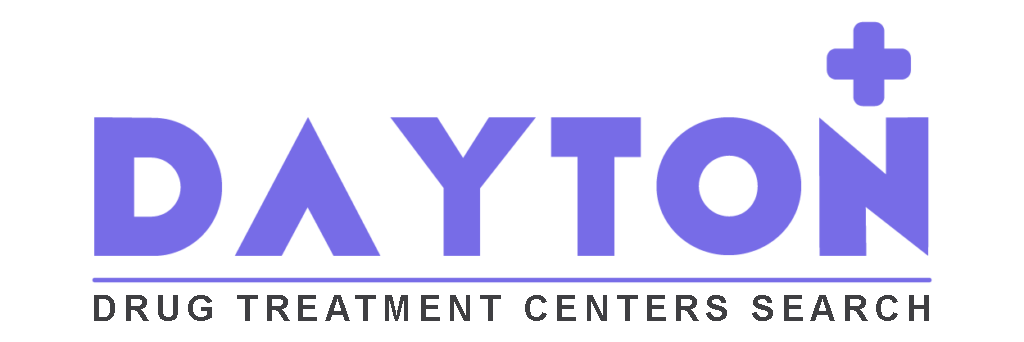Moral Reconation Therapy in Dayton, OH
Moral reconation therapy is a form of psychotherapy based on cognitive and behavioral principles. Widely applied in drug treatment centers and correctional institutions, moral reconation therapy has proved effective in helping people overcome a wide range of substance use disorders. This form of therapy has a very practical focus, with therapists helping clients to understand the key ideas presented through a number of homework assignments and exercises. Moral reconation therapy helps recovering addicts to develop intrinsic motivation and frustration tolerance by building self confidence and positive behavior habits. This form of therapy is applied over a number of individual stages, with clients given different exercises and assignments according to their individual progress. If you know anyone who is struggling with a substance use disorder of any kind, moral reconation therapy in Dayton can be successfully applied at all stages of rehabilitation and aftercare.
Rehabilitation
The drug treatment process is often divided into three separate phases, with detox followed by rehab and aftercare support. Detoxification is designed to enable the cessation of drug use, with medications often applied to treat physical-somatic withdrawal symptoms. This is an important part of the treatment process because it helps people to get clean and sober before they receive further treatment. Detox is not without its limitations, however, with the detox process doing very little to address the emotional and social undercurrents of drug addiction. Moral reconation therapy and other forms of psychotherapy also need to be applied during rehab programs to facilitate sustainable lifestyle changes. Moral reconation therapy is based on cognitive and behavioral principles, with counselors working directly with clients to help them recognize problem areas and change internal distortions before they cause negative impulsive and compulsive responses. Aftercare support systems are designed to follow formal rehab, including relapse prevention systems, SMART Recovery, 12-step support groups like Narcotics Anonymous (NA), and sober living environments.
What is Cognitive Behavioral Therapy?
Cognitive behavioral therapy (CBT) is a powerful form of psychotherapy often applied to treat substance use and mental health disorders. CBT has proved useful across a range of conditions, including depression disorder, panic disorder, post traumatic stress disorder, generalized anxiety disorder, and a range of substance use disorders. CBT can be applied to treat both physical and psychological dependence problems, including alcoholism, prescription drug abuse, cocaine dependence, heroin addiction, marijuana dependence and much more. CBT is an action-oriented method of treatment that attempts to solve particular problems by addressing the links between feelings, thoughts, and behavioral responses. Therapists work with clients to help them recognize key emotional and cognitive distortions before they lead to addiction and other unwanted behavioral responses.
The Stages of Moral Reconation Therapy
Moral reconation therapy is carried out over a number of individual stages, with different exercises and assignments applied depending on the individual progress of each client. The first stage involves recognizing key problems, followed by analyzing family relationships. reinforcing positive habits, creating a positive identity, developing confidence, building resilience and frustration tolerance, and developing better moral reasoning powers. Counselors work with clients as they navigate through each of these stages and learn how to avoid unwanted behavioral responses. Moral reconation therapy has proved effective across a range of substance use disorders and is also used to change problematic behavior patterns. If you or anyone you know is struggling with any kind of substance use disorder, Dayton Drug Treatment Centers can connect you with the right services for you. Just give us a call today at (937) 949-4099.

